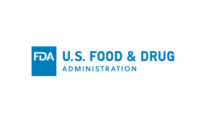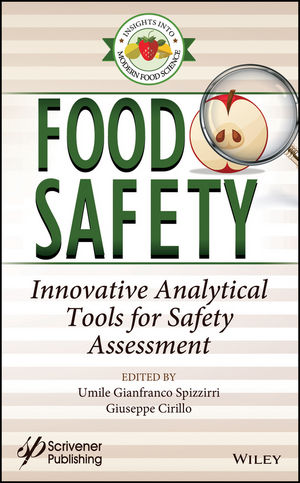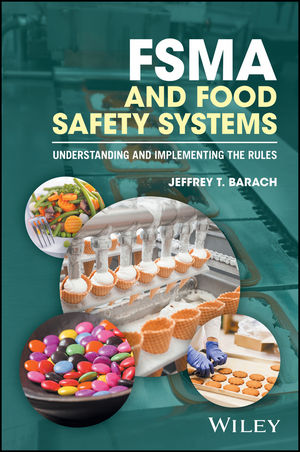The Produce Safety Rule: Be Prepared for a Food Regulatory Inspection

It is important to understand your rights and responsibilities during a food regulatory inspection, as the U.S. Food and Drug Administration (FDA)’s regulatory authority has been significantly expanded under the Food Safety Modernization Act (FSMA). Under FSMA, FDA is now focused on proactively trying to prevent food contamination from occurring at food facilities and farms. Today, many of FSMA’s final rules are in varying stages of implementation, and FDA, in collaboration with the states, are now embarking on FSMA food regulatory inspections. Details regarding the final FSMA regulations can be found on FDA FSMA webpage.
The Produce Marketing Association’s (PMA) food safety team, in collaboration with Keller Heckman, a premiere global food and drug law firm, have developed a new, easy to read food regulatory inspection manual that is intended to help fresh produce food facilities and farms understand their rights and responsibilities during a food regulatory inspection. Additionally, the manual provides practical information and checklists to help prepare firms for a food regulatory inspection.
The manual begins with an overview of each of the seven major FDA FSMA regulations with links to the actual regulations. It also contains suggested “boiler plate” language or model policies and procedures that can be incorporated into your companies inspection plan to expeditiously and tactfully handle a food regulatory inspections conducted by the FDA or a state food regulatory agency. The likelihood of inspections for farms and facilities has greatly increased under the new FSMA regulations and inspection frequency will depend on the size of your business and the types of products you handle. If you operate a farm subject to the FSMA produce safety rule, compliance dates and inspections that will follow are right around the corner in January 2018. However, it is still unknown whether regulators will be using similar or different procedures and practices when inspecting a farm compared to a food facility but being prepared is always best.
Being prepared is the key to successful inspection and that means understanding what FDA can require of you during an inspection. It is always important to respond and provide accurate information to the inspector, but it is equally important to understand the significance of protecting confidential information.
The risks of failing to be prepared may potentially result in product recalls, adverse publicity and adverse business consequences resulting in a facility shutdown, re-inspection fees, criminal prosecution and possible imprisonment. This manual outlines steps to proactively prepare, including tips on establishing a company inspection team, as a trained and prepared inspection team will help ensure your company is appropriately and accurately represented during a food regulatory inspection. In addition to suggestions for setting up your inspection team, the manual contains worksheets and templates that can be used to develop your company inspection manual. Developing a company inspection manual as well as policies, procedures and practices around food regulatory inspections is critically important. Your inspection manual will allow you to be prepared for example to identify and clearly communicate to an inspector what is and what is not company confidential information. Along with the templates and worksheets provided in the manual, you will find an outline of important information needed during an inspection, and a list of do’s and don’ts for both before and during an inspection. The list of do’s and don’ts summarizes how to get through an inspection without a tremendous amount of stress. The appendices in the manual provide copies of actual FDA forms typically issued during and inspection, so that you may become familiar with them before being presented with them during a regulatory inspection.
In addition to the PMA food regulatory inspection manual itself, PMA also held a webinar entitled “What to do when FDA knocks” to familiarize produce industry businesses with this new resource as well as answer questions about food regulatory inspections. Ms. Leslie Krasny, the author of the PMA food regulatory inspection guide and a partner in the Keller and Heckman San Francisco office, was the featured speaker on the webinar. The webinar can be viewed and listened to in its entirety on by visiting the PMA website.
A food regulatory inspection is always a stressful event but being prepared can minimize that stress. Ultimately, the inspector is looking for evidence of deficiencies and violations and other information regarding the actions and culture of corporate management that might form the basis of an enforcement action. So plan ahead and be prepared for your next food regulatory inspection by downloading a copy of the PMA food regulatory inspection guide today.
James Gorny, Ph.D., is vice president, food safety & technology, for PMA.
Looking for a reprint of this article?
From high-res PDFs to custom plaques, order your copy today!








